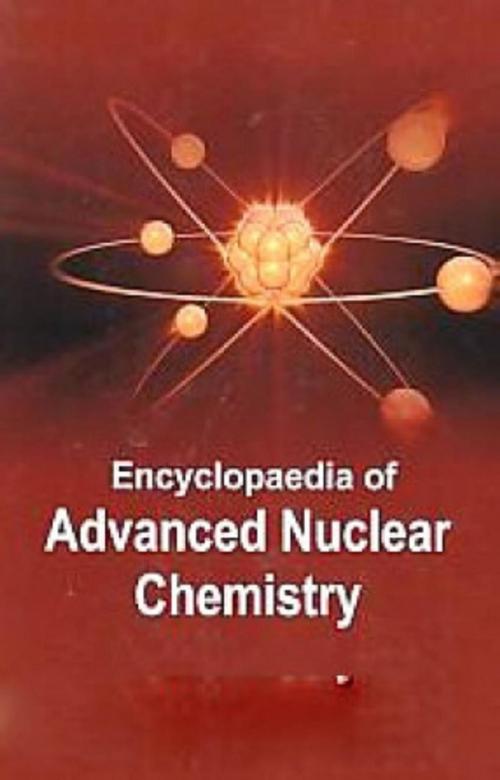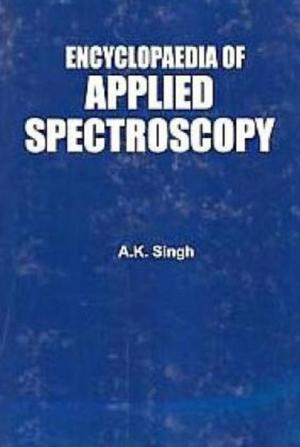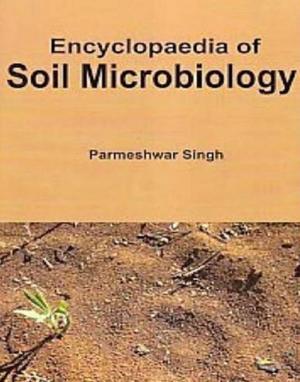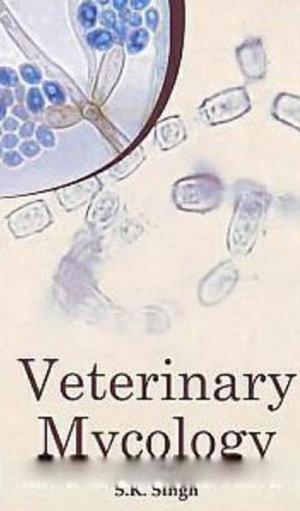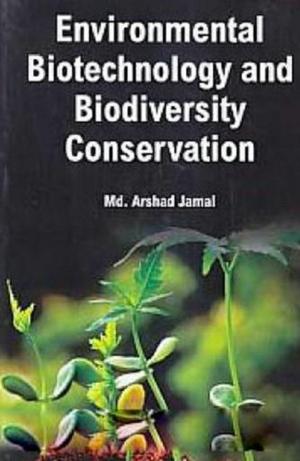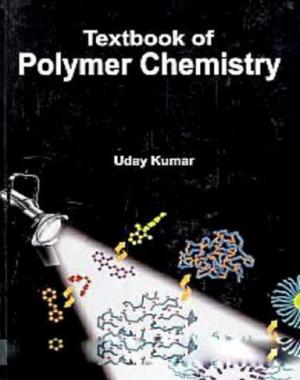Encyclopaedia Of Advanced Nuclear Chemistry
Nonfiction, Science & Nature, Science, Physics, Nuclear Physics, Chemistry, General Chemistry| Author: | Udai Arvind | ISBN: | 9789388040891 |
| Publisher: | Centrum Press | Publication: | June 30, 2013 |
| Imprint: | Centrum Press | Language: | English |
| Author: | Udai Arvind |
| ISBN: | 9789388040891 |
| Publisher: | Centrum Press |
| Publication: | June 30, 2013 |
| Imprint: | Centrum Press |
| Language: | English |
Nuclear chemistry is the subfield of chemistry dealing with radioactivity, nuclear processes and nuclear properties. It is the chemistry of radioactive elements such as the actinides, radium and radon together with the chemistry associated with equipment which are designed to perform nuclear processes. This includes the corrosion of surfaces and the behaviour under conditions of both normal and abnormal operation. An important area is the behaviour of objects and materials after being placed into a nuclear waste storage or disposal site. It includes the study of the chemical effects resulting from the absorption of radiation within living animals, plants, and other materials. The radiation chemistry controls much of radiation biology as radiation has an effect on living things at the molecular scale, to explain it another way the radiation alters the biochemicals within an organism, the alteration of the biomolecules then changes the chemistry which occurs within the organism, this change in biochemistry then can lead to a biological outcome. The main forces is on giving students both a theoretical as well practical understanding of how nuclear chemistry works, and seeks to make them more critical and refined in their comprehension of the subject. With illustrated diagrams aiding in visual comprehension, the text should serve as an insightful read for all.
Nuclear chemistry is the subfield of chemistry dealing with radioactivity, nuclear processes and nuclear properties. It is the chemistry of radioactive elements such as the actinides, radium and radon together with the chemistry associated with equipment which are designed to perform nuclear processes. This includes the corrosion of surfaces and the behaviour under conditions of both normal and abnormal operation. An important area is the behaviour of objects and materials after being placed into a nuclear waste storage or disposal site. It includes the study of the chemical effects resulting from the absorption of radiation within living animals, plants, and other materials. The radiation chemistry controls much of radiation biology as radiation has an effect on living things at the molecular scale, to explain it another way the radiation alters the biochemicals within an organism, the alteration of the biomolecules then changes the chemistry which occurs within the organism, this change in biochemistry then can lead to a biological outcome. The main forces is on giving students both a theoretical as well practical understanding of how nuclear chemistry works, and seeks to make them more critical and refined in their comprehension of the subject. With illustrated diagrams aiding in visual comprehension, the text should serve as an insightful read for all.
